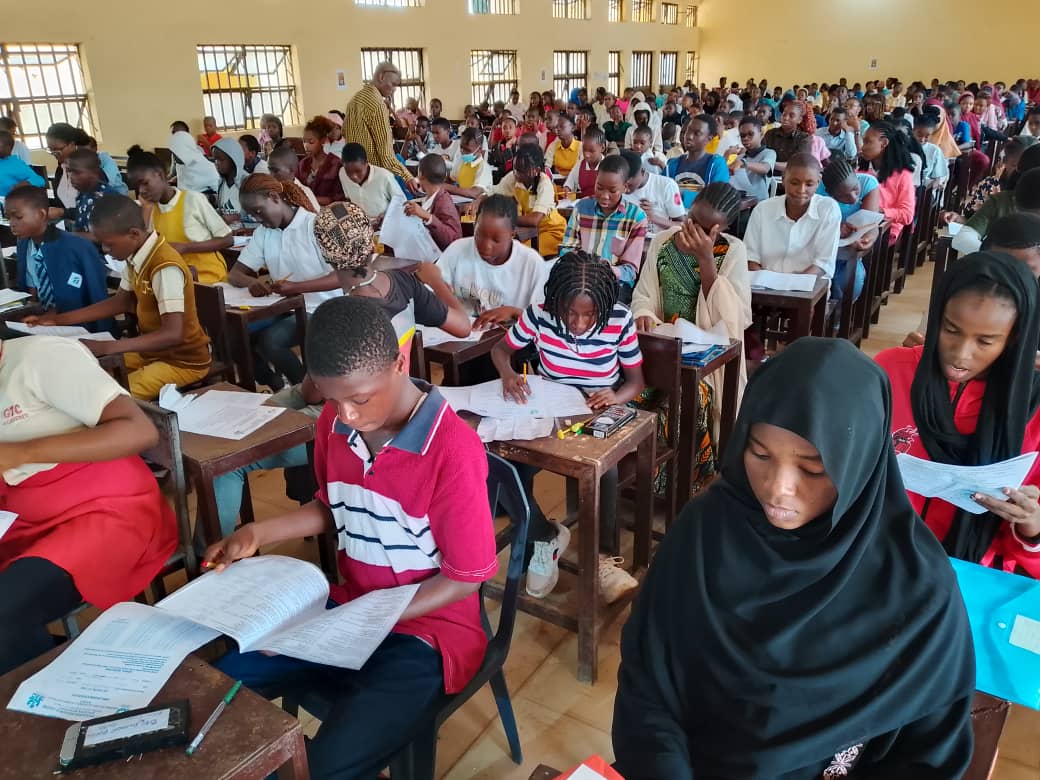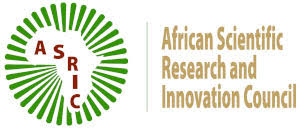We are more committed to bridging the gender gap in STEAM – W.TEC
By Funmilola Gboteku
The Women’s Technology Empowerment Centre (W.TEC) says it is more committed to bridging the gender gap in Science, Technology, Engineering, Arts and Mathematics (STEAM), through its flagship programme, She Creates Camp.
Diamond Oshomoji, Programme Coordinator of W.TEC, said this on Saturday during the graduation of the 18th edition of the She Creates Camp Initiative held at Laureates College, Ikeja.
Oshomoji said that the initiative was not only to bridge the gender gap but also to prepare young women for careers in fields often seen as male-dominated.
She said the two-week residential camp with the theme: “Byte by Byte, AI for Action”, trained 40 girls in robotics, artificial intelligence-powered web development, internet of things (IoT) and marine engineering.
She said the girls were also trained in filmmaking, financial literacy and entrepreneurship.
Oshomoji added that the camp also incorporated creative crafts such as bead-making, fashion design, painting and other hands-on activities to inspire innovation, teamwork and problem-solving among the girls.
“Nigerian girls must acquire 21st century skills such as artificial intelligence and robotics to remain competitive in the global technology space.
“Thirty-nine out of the 40 girls who attended the camp were through full scholarships provided by corporate partners, individuals and W.TEC.
“This gesture describes a strong demonstration of support for female inclusion in technology.
“Beyond the technical and creative skills, the camp builds confidence, teamwork and leadership.
“We believe that if girls are exposed early to technology and innovation, they will grow to compete favourably and even lead in the sector,” Oshomoji said.
Mr Yemi Odutola, W.TEC’s External Relations Lead, said the camp had consistently transformed participants over the years.
“We see them come in shy, uncertain and doubtful, but within two weeks, they are presenting projects, pitching ideas and speaking boldly.
“During this camp they developed innovations such as smart dustbins, AI-powered lights and websites, alongside creative outputs like art and crafts,” Odutola said.
Mr Tobi Durojaiye, an Advisory Board Member of W.TEC, said the camp had proven its long-term impact, as some past participants were now returning as mentors.
“An alumna who joined the camp in 2014 and is now a software engineer returned this year to mentor the girls. That is the multiplier effect we want to see, the older ones inspiring the younger ones,” he said.
He called for more sponsorships to scale up the camp nationwide, stressing that the future of Nigeria’s economy depended on how well the country invested in girls and women in technology.
Two of the 2025 participants, Ifeoluwa Ojo from Epe and Mutiat Moshood from Apapa, said the programme gave them an exposure they never imagined.
Ojo said she was inspired to pursue a career in robotics, while Moshood said she gained confidence in public speaking and teamwork.
The News Agency of Nigeria (NAN) reports that the She Creates Camp, launched 18 years ago, is W.TEC’s flagship programme aimed at providing young girls within the ages of 13 and 17 early exposure to technology, creativity, mentorship and leadership skills. (NAN)(www.nannews.ng)
Edited by Christiana Fadare










